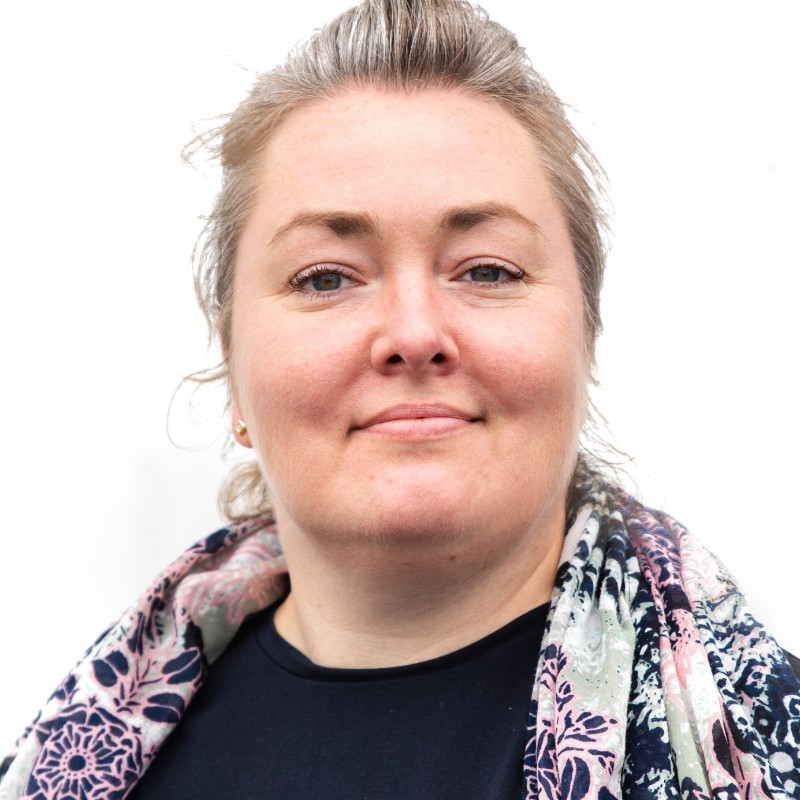
Tatiana Eremeeva
Finance Consultant
"Startups need more than just numbers - they need a partner who can translate their vision into financial language investors understand."
Professional Background
- Investment Controller at Novo Nordisk (Denmark)
- Finance Business Partner at Fujitsu Denmark
- Business Controller at BEWiSynbra Group
- Financial Consultant for Startups & Corporations
Key Value Propositions
1. Risk Assessment
- Financial risk analysis and mitigation
- Scenario modeling and stress testing
- Investment planning and ROI forecasting
2. Growth Planning
- Scale-up strategy development
- Systems and processes optimization
- Growth metrics and KPI setup
3. Investor Communication
- Financial model development
- Investment pitch preparation
- Business plan refinement
Consulting Process
1. Comprehensive Financial Analysis
- Creates investor-friendly financial models with clear metrics
- Focuses on ROI, risk assessment, and key performance indicators
- Develops comprehensive business valuation frameworks
- Translates complex financials into investor-ready presentations
2. Strategic Financial Planning
- Determines investment requirements for the next 5 years
- Analyzes worst-case scenarios and potential losses
- Creates detailed Excel models for various business scenarios
- Implements contingency planning with staged risk levels
3. Management Accounting Setup
- Establishes performance-focused management accounting systems
- Sets up frameworks to track departmental effectiveness
- Creates cost centers and profit centers to measure performance
- Evaluates and optimizes business unit profitability
Work Philosophy
"Think of me as a financial doctor. You have to tell me everything, like you would tell Dr. House. Everything. Including the uncomfortable parts. Finance is like health or alcohol consumption – nobody wants to talk about how it really is. But that’s exactly what we need to know to help."
"Sometimes companies still stick to their early patterns of a small startup despite having already grown to a middle-sized company. Think of it like this: a kitten likes to lie on a cozy cushion, but when it grows into a bigger cat and still tries to lie on that same cushion, its paws and head no longer fit."
"I specialize in synthesizing diverse information streams — from structured data to intangible factors, from concrete metrics to ambiguous variables – into coherent, actionable models. This way, I translate complexity into clear financial indicators and meaningful numbers.
It's important to speak both languages: the passionate founder's vision and hard numbers. Startups need more than just numbers – they need a partner who can translate their vision into financial language investors understand."
"In my experience, breakthrough insights emerge from illuminating 'unknown unknowns' — grey areas where people don't even know what they don't know, or assume that nothing can be known. I prove them otherwise: I use established tools to quantify and evaluate uncertainty factors and their impact on projects."
"I've worked with startups where they had this brilliant idea but didn't know terms like 'debits and credits' or 'return on investment.' My job is to help them create a clear picture — Excel tables, key risks, key indicators, what investors will get if we start this now, and why we think it will work this way. Clear financial models that help them secure funding."
"Financial reports can look deceptively simple: People see a one-page financial report and think, 'Oh, it's just one page, how long could it take?' But behind that page is a massive Excel file with inputs from 15 different departments — electrical, logistics, engineering, technology, marketing all translated into the language of numbers. My job is to make sense of it all."
"Dealing with uncertainty: When we start a new project — let's say selling hamsters — neither you nor I have experience in selling hamsters. But I have experience building business plans. So at this stage, we'll put in a line item 'other expenses ±50%' because our confidence in the numbers is rough. After we sell our first hamsters and gather some statistics, we’ll rebuild the graph for the next year, and I’ll set that contingency to 25% because we know the process better."
"Emotions and numbers tell different stories: They show us which quiet manager in the corner is actually bringing in the most value, and which charismatic leader might be costing more than they earn. Management accounting reveals these things — it's not about emotions; it's about cold, hard numbers."